What matters most to employees in 2024? It’s not what you might think…
According to our national 2024 Employment and Salary Trends market report, what Australian employees value most in their jobs and careers has changed rapidly over the past few years.
Here are some of the key things that matter most in 2024, to how employers can use this insight to enhance talent attraction and retention strategies:
Career opportunities
There has been a rising focus long-term job prospects and career development which has taken more of a back seat in earlier years. The report highlights that it’s career opportunities that matter most to 71% of employees in 2024, surpassing management support and trust by 1%.
A 9% increase over 2023, job seekers are increasingly focussed on seeking roles that offer clear progression and growth which is essential for long-term success and happiness in the workplace. Increased job satisfaction gives individuals a sense of achievement and fulfilment and employers benefit from people who have had the opportunity to continuously improve their skills, knowledge, and abilities.
Training and development
Up 5% from 2023, 69% of employees say they value training and development, indicating that employees are eager to enhance their skills and stay competitive in their fields. This provides a great opportunity for employers to take advantage of the opportunities that come from upskilling their workforce such as attracting new talent, retaining current employees, and saving money with reduced hiring costs.
Work-life balance
Not surprisingly, in a post-COVID landscape, 68% of employees value work-life balance, 4% more than in 2023. Studies have shown that overwork can have a seriously negative effect on both physical and mental health, with poor work-life balance potentially leading to lower levels of productivity, burnout and higher employee turnover.
There’s a lot an employer can do to help employees strike a better balance between work life and personal life based on individual needs such as flexible working hours, job sharing and remote working locations.
Company culture
Up 3% on 2023, 65% of employees said a company’s culture is of key importance. A culture includes ways of working, workplace relationships, values and expectations, and whether or not an employer is invested in building a positive workplace culture. Studies have shown culture has a huge impact on workplace happiness, career trajectory and longevity in a role, so it is crucial for retention to create and foster a positive workplace culture.
Salary
The 2024 Employment and Salary Trends market report shows an increased emphasis on financial compensation, with salary and bonuses seeing a 5% increase in importance from 2023, now sitting at 57%.
This is not surprising given the current cost of living crisis being faced by most Australians and not something that is likely to change much year on year in the near future.
Leadership style
On par with salary and bonuses, 57% say they value leadership style as a key job satisfaction driver, an increase of 4% on 2023. Good leaders are crucial as the ones responsible for setting the vision, providing guidance, and driving their teams towards achieving goals. Effective leadership has also been shown to have a significant impact on employee engagement, job satisfaction, productivity, and overall organisational performance.
Mental health
54% of employees stated mental health as a key priority in 2024, a 4% increase on 2023.
Since we spend so much of our lives at work, our working lives can affect mental health. Aside from the obvious legal obligation to providing a mentally healthy workplace that protects and promotes mental health and responds to people who may be experiencing mental ill health in a supportive way, positive mental health of employees also leads to lower absenteeism, increased productivity and less injury claims.
What matters most in the property sector?
The 2024 market report shows that employees in the property space highly value flexible working hours, training and development, work from home options and the opportunity to earn bonuses.
59% of the property sector stated flexible working hours is of the highest importance, followed career development and training at 53%, increasing the need for robust training programmes and on the job support.
It may come as a surprise that the other end of the list showed the benefits of least importance to property sector employees was additional leave, rated by only 24% of people, and a company car rated as important by just 12%.
One thing is clear from these 2024 trends – development opportunities and financial rewards are key drivers in attracting and retaining talent.
Our 2024 Employment and Salary Trends market report includes more information about recruitment trends and detailed salary tables for each industry, including property. You can request your own copy of the full report, to stay ahead of employee benefit and salary expectations to ensure you attract and retain the best people possible.














